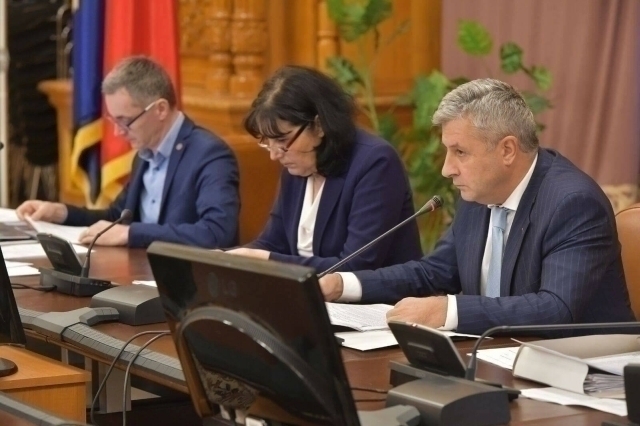The new Criminal Procedure Code, passed by Parliament
In Romania, the amendments to the Criminal Procedure Code were adopted by the Chamber of Deputies on Monday

Daniela Budu, 19.06.2018, 14:15
The Chamber of Deputies in Bucharest passed
on Monday some controversial changes to the Criminal Procedure Code, after last
week the Senate had done the same. Among the new amendments is the one
according to which in the case of trials resulting in acquittals, defendants
can be retried only if new evidence is introduced.
A separate amendment states that authorities will be forbidden from
making public any kind of information about persons or charges included in
criminal cases during the prosecution and trial stages. In addition, the preventive arrest measure
can be ordered only if there is solid evidence or clues. Deputies also
decided that a criminal investigation should not last longer than one year and
if prosecutors can’t send someone to
Court within a year, the case is automatically closed.
Another amendment says that denouncements will
result in reduced sentences only if they are made within a year since the
alleged deed was committed. The head of the special Parliament committee that
oversees the changes to the justice laws, Florin Iordache, has said that the
changes to these laws, the Criminal Procedure Code included, are aimed at
eliminating abuse in Romania.
Florin Iordache: The
presentation of some people wearing handcuffs, who have eventually been proven
to be innocent, is something that should no longer be allowed. In terms of
allocation of cases, it should be done randomly. We want the replacement of the
reasonable doubt sintagm with strong
evidence and clues. We live in a real Romania. Cases are being built entirely
on clues and then, after three years of investigation, the person is acquitted.
Does anyone make up for the tension, the sleepless nights and the stress that
person went through? No.
The Save
Romania Union and the National Liberal Party, in the opposition, have announced
they will appeal the law at the Constitutional Court because some of its
provisions endanger the act of justice. Among the amendments contested by the
opposition are the ones stipulating that a recording obtained in a private
space can no longer be used as evidence, that the defendant must be informed on
all the evidence collected against him, that the witness is allowed to refuse a
hearing without any reason and the fact that in the case of trials resulting in acquittals defendants
can be retried only if new evidence is introduced. The head of the National
Liberal Party (PNL), Raluca Turcan, has said:
Raluca Turcan: In fact you reinvent all
legal principles that I learnt during the law classes. This is the reason why
there are higher Courts and means of appeal and rulings. You have decided that
one court is enough, and that you can even negotiate.
The draft law will be sent to President
Klaus Iohannis to sign it into law only after the Constitutional Court has had its
say on the appeals filed by the Opposition.






























